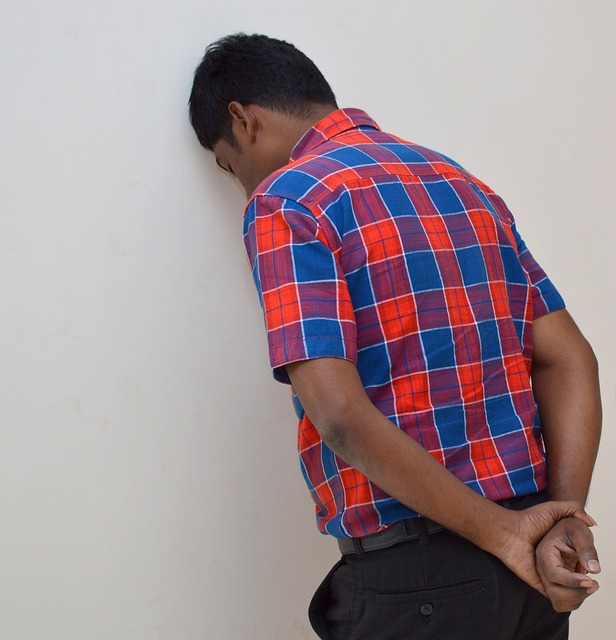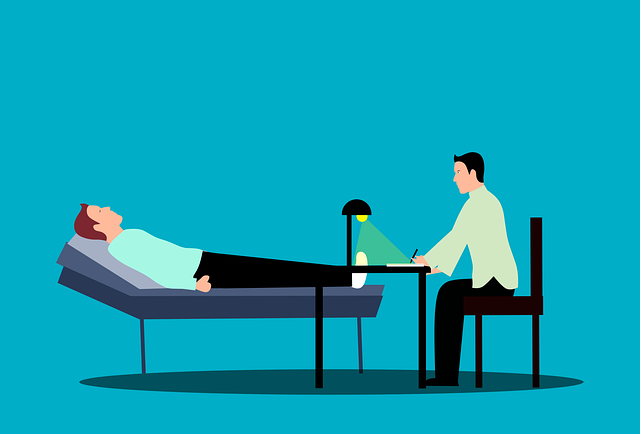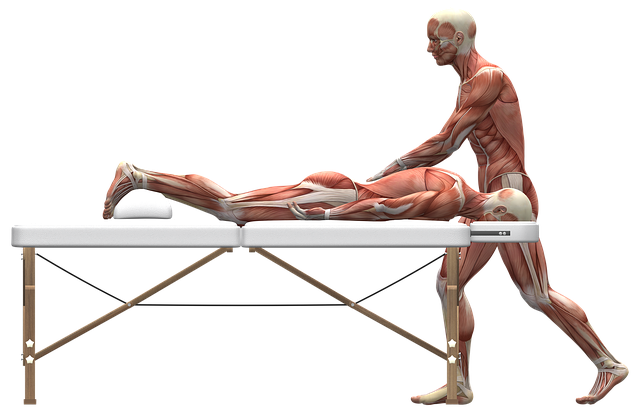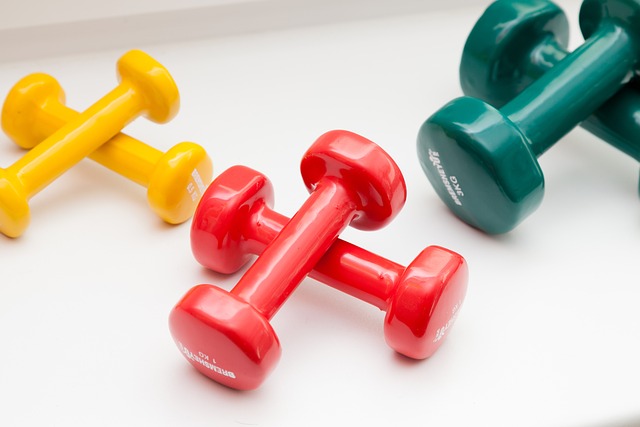Stress relief therapy offers effective countermeasures against modern stressors, with techniques like mindfulness meditation, deep breathing, and progressive muscle relaxation backed by science. These practices reduce anxiety, depression, and memory problems, enhancing mental resilience and overall well-being. In a fast-paced world, these stress management tools are crucial for navigating life's challenges, promoting calmness, and improving physical health. Overcoming obstacles like time constraints and motivation is key to integrating stress relief therapy successfully, with consistent practice leading to significant improvements in managing daily pressures.
Stress is an inevitable part of modern life, but managing it effectively is crucial for maintaining mental health. In this article, we explore the power of relaxation techniques as a game-changer in stress relief therapy. From understanding the impact of stress to uncovering popular methods like mindfulness, deep breathing, and yoga, we guide you through creating a personalized toolkit for on-demand soothing. Discover how consistent practice can transform your approach to navigating life’s challenges, leading to lasting calmness and improved well-being.
Understanding Stress and Its Impact on Mental Health

Stress is a ubiquitous part of modern life, but its prolonged effects on mental health can be profound. It’s essential to understand that chronic stress isn’t just about feeling overwhelmed; it triggers a physiological response in the body, releasing hormones like cortisol that, over time, can negatively impact brain function and overall well-being. This can manifest as anxiety, depression, difficulty concentrating, and even memory issues.
Fortunately, stress relief therapy offers powerful tools to combat these effects. Techniques such as mindfulness meditation, deep breathing exercises, progressive muscle relaxation, and yoga have been scientifically proven to reduce stress levels, calm the mind, and promote mental resilience. By integrating these practices into daily routines, individuals can cultivate a sense of tranquility, enhance their ability to cope with challenging situations, and ultimately prioritize their mental health.
The Power of Relaxation Techniques in Managing Stress

In today’s fast-paced world, where stress has become an all-too-common companion, exploring effective relaxation techniques is more crucial than ever. Beyond mere leisure activities, these practices offer a powerful toolkit for managing and mitigating stress, enabling individuals to reclaim their mental and emotional equilibrium. By integrating stress relief therapy into daily routines, folks can foster resilience against life’s challenges, enhancing overall well-being.
From mindfulness meditation to deep breathing exercises and progressive muscle relaxation, these evidence-backed methods provide tangible ways to navigate the hustle and bustle of daily life. Engaging in such practices allows individuals to disconnect from the constant buzz, quieting the mind and calming the body. This, in turn, fosters a sense of inner peace, enabling folks to approach their responsibilities with renewed clarity and composure.
Popular Relaxation Methods for Effective Stress Relief Therapy

In today’s fast-paced world, finding effective relaxation techniques for stress relief therapy has become increasingly important. Popular methods include mindfulness meditation, deep breathing exercises, and progressive muscle relaxation. These practices have been scientifically proven to reduce anxiety, lower blood pressure, and improve overall well-being. Mindfulness meditation encourages individuals to focus on the present moment, quieting the mind and cultivating a sense of calm. Deep breathing exercises, such as diaphragmatic breathing, help to activate the body’s natural relaxation response, promoting a state of tranquility.
Progressive muscle relaxation involves systematically tensing and then releasing different muscle groups in the body, allowing for a profound sense of physical and mental unwinding. Additionally, yoga and tai chi, ancient practices that blend physical movement with mindful awareness, are gaining popularity as holistic stress relief therapy options. Engaging in these activities not only provides a moment of respite from daily stressors but also cultivates long-term resilience to stress. Incorporating any of these relaxation methods into one’s routine can lead to significant improvements in mental and physical health, making them valuable tools for managing stress effectively.
Incorporating Mindfulness into Daily Routine for Calmness

Incorporating mindfulness into your daily routine can significantly enhance your overall calmness and well-being, serving as an effective stress relief therapy. Start by dedicating a few minutes each day to focus on your breath. Sit comfortably, close your eyes, and pay attention to the sensation of air flowing in and out. This simple practice, often referred to as mindfulness meditation, trains your mind to stay present and reduces reactivity to stressful situations.
Additionally, be mindful of your senses throughout the day. Notice the flavors of your food, the textures you encounter, and the sounds around you. When engaged in routine activities like walking or commuting, try to be fully aware of each step and sensation. This presence of mind not only makes daily tasks more enjoyable but also strengthens your ability to manage stress effectively.
Benefits of Deep Breathing Exercises and Guided Imagery

Deep breathing exercises and guided imagery are powerful tools in relaxation techniques training, offering significant benefits for mental and physical health. These practices form an essential part of stress relief therapy, helping individuals to calm their minds and bodies. By focusing on slow, controlled breaths, deep breathing stimulates the parasympathetic nervous system, which counters the effects of the sympathetic nervous system’s ‘fight or flight’ response, thereby reducing stress levels.
Guided imagery, on the other hand, transports individuals to peaceful mental landscapes, encouraging a state of profound relaxation. This technique taps into the subconscious mind, allowing for a deeper sense of calm and control. Regular practice has been shown to lower blood pressure, reduce muscle tension, and improve overall well-being, making these stress relief therapy methods invaluable in managing daily pressures and promoting mental health.
Yoga and Meditation: Unlocking Inner Peace and Balance

Yoga and meditation have emerged as powerful tools in the pursuit of inner peace and balance, offering a holistic approach to stress relief therapy. These ancient practices are designed to harmonize the mind, body, and spirit, fostering a sense of calm and clarity that can be elusive in today’s fast-paced world. Through focused breathing exercises, mindfulness techniques, and physical postures, yoga and meditation provide a safe haven from the constant demands and distractions that contribute to chronic stress.
The integration of these practices into daily routines allows individuals to cultivate resilience against life’s challenges. By promoting relaxation and self-awareness, they offer a natural and effective way to manage symptoms associated with stress, such as anxiety and insomnia. In essence, embracing yoga and meditation as part of one’s wellness regimen is an investment in personal well-being, leading to improved mental and emotional health, enhanced flexibility, and a deeper connection with oneself.
Creating a Personalized Relaxation Toolkit for On-Demand Soothing

Overcoming Challenges and Staying Consistent with Stress Relief Therapy

Overcoming challenges is a vital aspect of successfully integrating stress relief therapy into your routine. Life’s demands often present obstacles, making it difficult to maintain consistency with relaxation techniques. However, recognizing and addressing these challenges can significantly enhance your progress. For instance, a common hurdle is finding time amidst a busy schedule. Effective time management and prioritizing self-care are essential skills to cultivate; scheduling dedicated moments for stress relief therapy can help overcome this challenge.
Another potential roadblock is staying motivated over the long term. It’s natural to experience periods of decreased enthusiasm, but consistent practice pays dividends. Staying mindful of the benefits of stress relief therapy—such as improved mental clarity, better sleep, and enhanced overall well-being—can reignite your motivation. Additionally, incorporating a variety of relaxation techniques can prevent monotony, keeping your stress relief routine engaging and sustainable.
